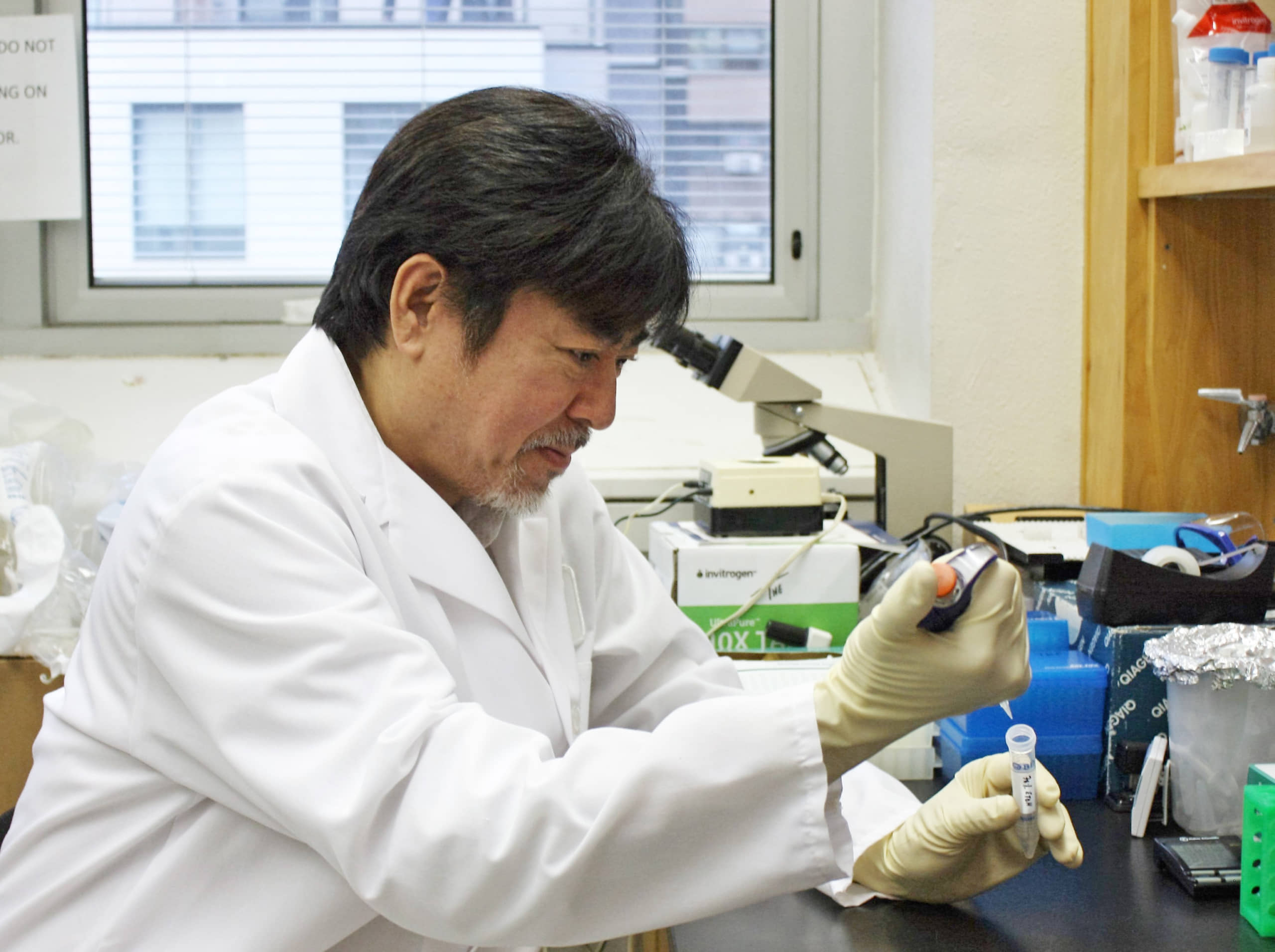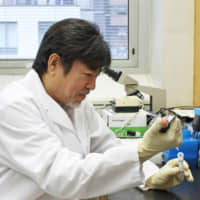Humanity finds itself at a crossroads. The far-reaching impact of the coronavirus pandemic has plunged the entire world into an unprecedented crisis. However, the impact need not only be negative. In the words of writer, historian and activist Rebecca Solnit, “Horrible in itself, disaster is sometimes a door back into paradise, the paradise at least in which we are who we hope to be, do the work we desire, and are each our sister’s and brother’s keeper.”
The virus is affecting the fabric of each community, and with it the fear-laced emotions of grief, despair and uncertainty are spreading. Yet we are also seeing heroic instances of humanitarianism and solidarity, as people push past their own limits to care and take action for others. Dramatic shifts in behavior and changes in policymaking that extend health care and social safety nets have also shown that significant transformation is possible.
Humanity finds itself in a metaphorical sports arena where our challenge is to win not against each other, but to win together against the global threat of the virus. And while we are seeing different countries and sectors of society pit their interests against those of others in a destructive form of competition, we can also find collaborative efforts; a positive striving for excellence and truth which could be described as “humanitarian competition.”
Such humanitarian competition inspires individuals to express and make use of their unique strengths and identities while coming together to find ways forward from which all will benefit. As Buddhist philosopher Daisaku Ikeda puts it, “Efforts by people, communities and societies to benefit others bring to the fore our most positive and creative aspects.”
Today, one aspect of this constructive form of competition sees individuals vying with each other to find the most creative and effective ways to respond to the medical, economic or psychological effects of the virus.
Dr. Moriya Tsuji, engaged in cutting-edge vaccine research to combat the novel coronavirus at Columbia University in New York, says: “I feel that we researchers need to ask ourselves now from a humanitarian perspective for what purpose we are working on our research. Competition among researchers is important, of course, but an individual researcher alone cannot achieve anything truly significant. Researchers must transcend their different affiliations and positions to work with other researchers and institutions on joint projects. Solidarity among researchers is of vital importance.”
A strong sense of shared purpose and commitment to collaboration remains critical in overcoming this crisis and in bridging our societies’ glaring inequality gaps, which have been further exacerbated by the spread of the novel coronavirus. For instance, the “simple” act of washing one’s hands is not so simple for the billions of people in our world who still lack safe water, sanitation and hand-washing facilities. While so many are losing their lives to COVID-19, others are dying from the lack of water, food or safe shelter.
As U.N. Secretary-General Antonio Guterres has said: “When we get past this crisis — which we will — we will face a choice. We can go back to the world as it was before or deal decisively with those issues that make us all unnecessarily vulnerable to crises. … What the world needs now is solidarity. With solidarity we can defeat the virus and build a better world.”
A sense of common purpose will also position us to tackle other intertwined global issues, from poverty, hunger and climate change to the abolition of nuclear weapons, with the same level of urgency as the current pandemic.
We must seek out every opportunity to build back better. In the words of British historian Arnold J. Toynbee, “Those living in an age of crisis must become pioneers of a better age.” Now is indeed the time for us to unite to create a new era and the foundations of a more just and sustainable world, ensuring that absolutely no one is left behind.
The Soka Gakkai is an international community-based Buddhist organization that promotes peace, culture and education centered on respect for the dignity of life. It has 12 million members around the world who contribute to society based on the humanistic philosophy of Nichiren Buddhism. The year 2020 marks the 90th anniversary of the establishment of the Soka Gakkai in Japan. Tsunesaburo Makiguchi (1871 to 1944), founder of the Soka Gakkai, proposed humanitarian competition or a nonviolent mode of mutual striving for excellence as the next step in the evolution of competition that often leads to war or economic disparity.




